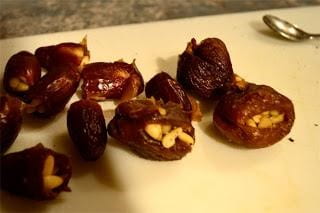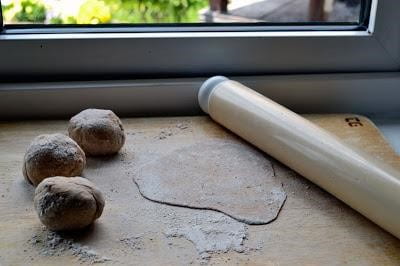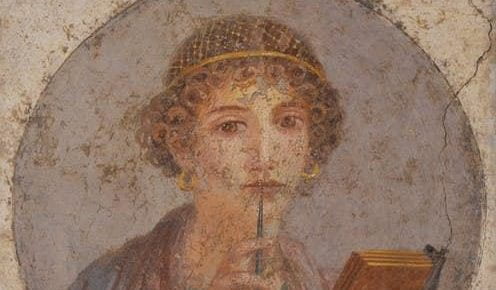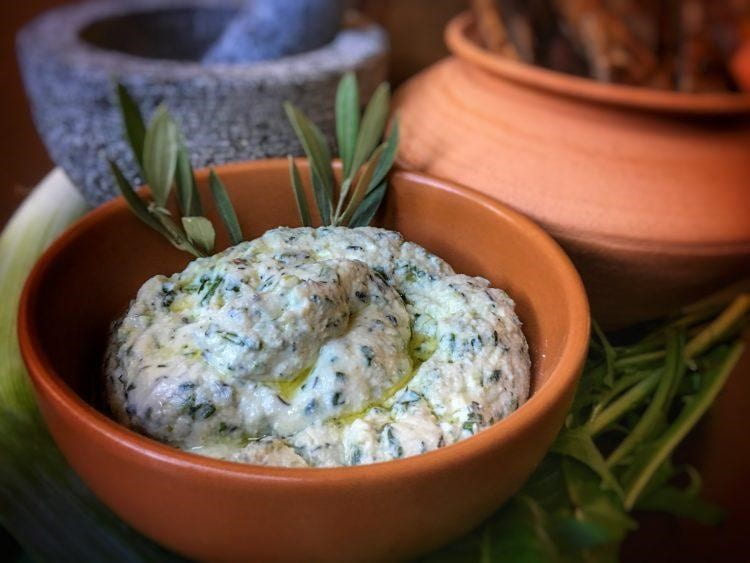Culina Quarantina: A Series of Roman Recipes – Egyptian Sweetmeat and More
By Alicia Lopez
Recently, I’ve been doing a lot of cooking and baking to help pass the time in quarantine, so I decided to look into what cooking would have been like in Ancient Rome. Here are some of my favorite ancient recipes to help get you through quarantine. Bonam fortunam!









